Iranian Christian Holy Defense martyr’s remains return home after 38 years
By Syed Zafar Mehdi
In an Instagram post last month, the Assyrian Association of Tehran announced that the remains of a missing Assyrian Christian martyr have been found 38 years after the Iran-Iraq War in the 1980s.
Johnny Bet Oshana offered the supreme sacrifice while in action during the war West-backed Saddam Hussein’s Baathist regime imposed on the Islamic Republic of Iran soon after the Islamic Revolution.
A resident of Tehran, Oshana was 20 at the time of his martyrdom.
The association that represents Iran’s minority Assyrian Christians, whose origin can be traced to the 7th century Assyrian Empire, said none of his close relatives could be reached to perform his last rites.
In the comment section, however, some of his maternal and paternal cousins expressed joy and relief, saying his parents breathed last years ago in agonizing wait for their son – even his mortal remains.
According to the Foundation of Martyrs and Veterans Affairs (FMVA), a government body that looks after the welfare of martyrs’ families, all members of the martyr’s family, except for his wife and cousins, have passed away.
General Syed Mohammad Baqerzadeh, who heads FMVA’s committee for the search of missing martyrs, told media persons on Monday that Oshana’s public funeral will be held on Wednesday in Tehran, followed by his burial ceremony on Friday, as per Assyrian customs and traditions.
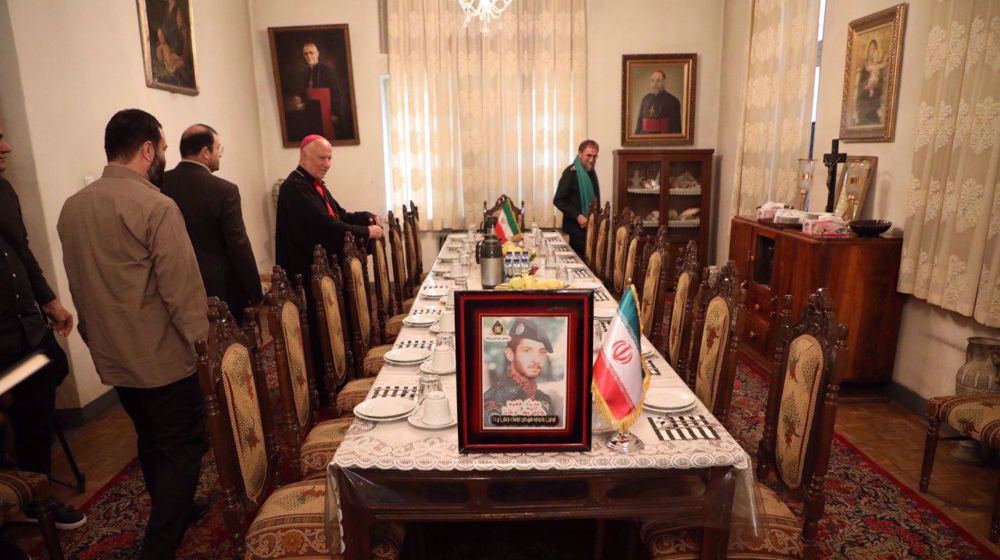
A special ceremony will also be held at the Church of Hazrat Yusuf in the Iranian capital and after that, his remains will be transferred to Islamshahr in the suburbs of Tehran for burial.
The Iranian Assyrian Christian was martyred in the east of the Tigris River in March 1985 while taking part in Operation Badr, named after one of the most important battles in Islamic history.
According to some reports, Oshana was martyred in action right in front of Hur al-Azim, the largest freshwater wetland located on the border between Iran and Iraq.
Like many other Iranian martyrs, his body could not be traced for nearly four decades. A DNA test finally helped in the identification of Oshana’s body last month, in March 2023.
The news about the discovery of Oshana’s remains 38 years after his martyrdom has generated palpable buzz across Iran, with people cutting across the religious divide paying glowing tributes to him.
“He is a martyr of the Iranian nation, of Iranian people, of Iranian values. He laid down his life for a sacred cause, to protect his country and his people from foreign aggressors,” a user wrote on Twitter.
A viral image from the late 1980s shows the Leader of the Islamic Revolution Ayatollah Seyyed Ali Khamenei, then-president of Iran, visiting his home in Tehran and meeting his bereaved parents.
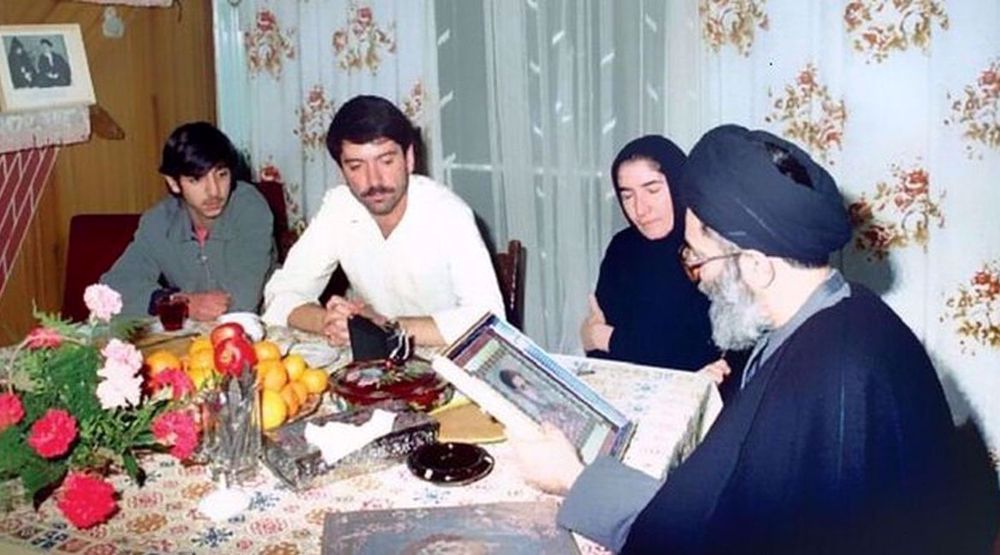
In a heartwarming gesture, the mother of one of the defenders of holy shrines in an interview with state TV on Tuesday expressed her desire to fill the void of Oshana’s mother at his funeral on Wednesday.
She also urged others – both Iranian Muslims and Christians – to participate in the Assyrian martyr’s funeral in large numbers to make up for the absence of his deceased parents and siblings.
Mohammad Mehdi Hemmat, son of the legendary Iranian military commander Mohammad Ebrahim Hemmat known for his heroics during the Iran-Iraq war, also paid glowing tributes to Oshana.
“Father and mother and brothers of this martyr have passed away, the beloved and martyr-loving people are urged to participate in the (funeral) ceremony of this great martyr,” he tweeted.
Pertinently, the eight-year war claimed the lives of more than 230,000 Iranian soldiers and rendered nearly 600,000 disabled. Almost 43,000 others became prisoners of war and many others went missing.
According to popular accounts, hundreds of Iranian Christians voluntarily rushed to the frontline during the imposed war in a display of exemplary patriotism and national solidarity.
Among the prominent Christian martyrs of holy defense include Zurik Moradian and Vigen Karapetyan (Armenian Christians) and Robert Lazarus (Assyrian Christian), who left a deep imprint.
A book titled ‘Iranian Christian Martyrs’, which chronicles the life and legacy of 20 Iranian Christian holy defense martyrs was published in Tehran in August 2017.
According to the book, Zurik Moradian was the first Iranian Christian (Armenian) martyr during the war.
D-8’s role in Iran’s economy after Cairo summit
China slams US as ‘war-addicted’ threat to global security
China ‘firmly opposes’ US military aid to Taiwan
VIDEO | Press TV's News Headlines
President Yoon Suk Yeol to be removed from office
At least 19 Gazans killed by Israeli airstrikes since dawn: Medics
Leader: Iran neither has nor needs proxy forces
US fighter aircraft shot down ‘in friendly fire’ amid aggression on Yemen


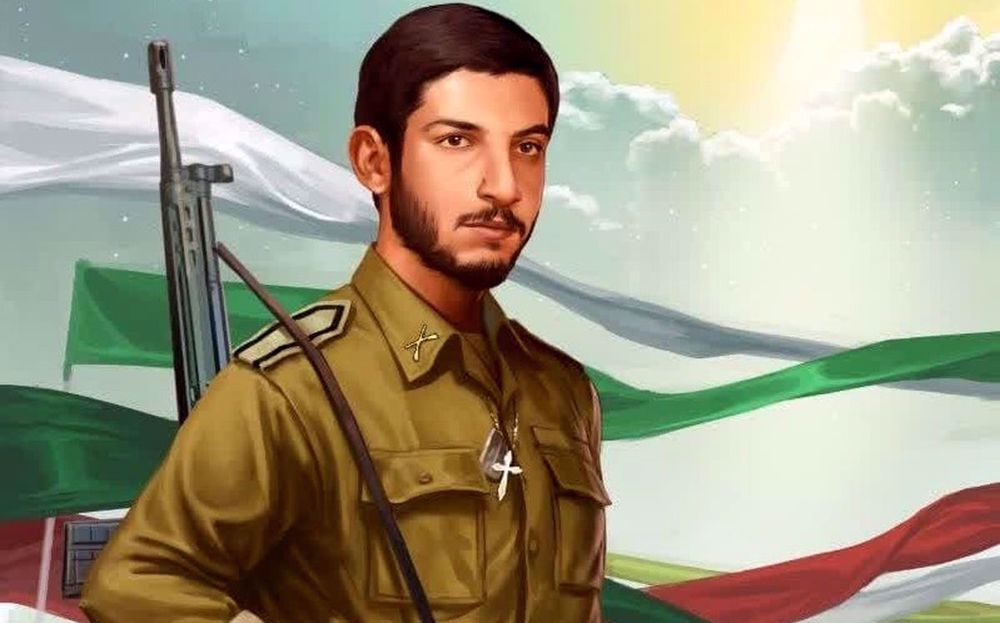
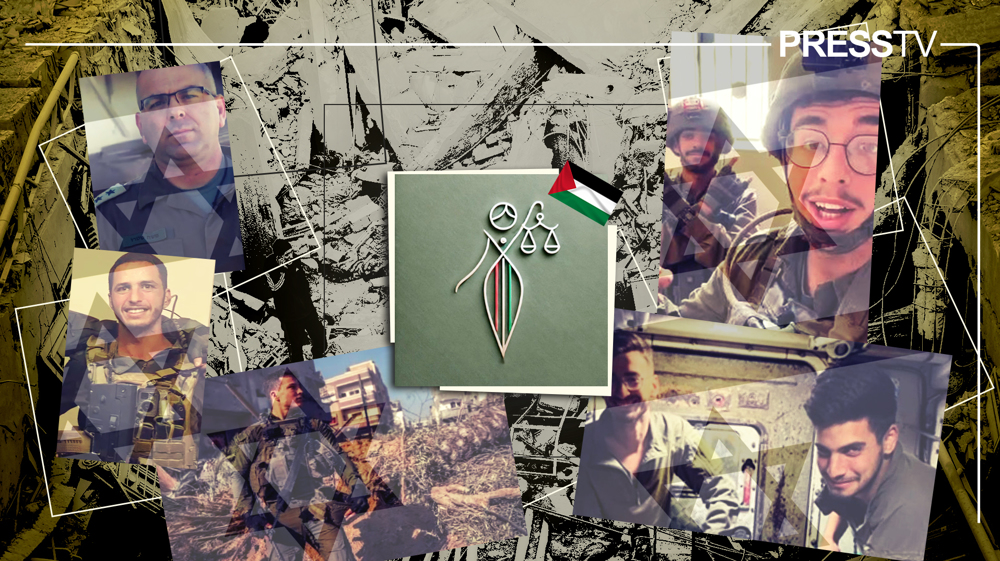

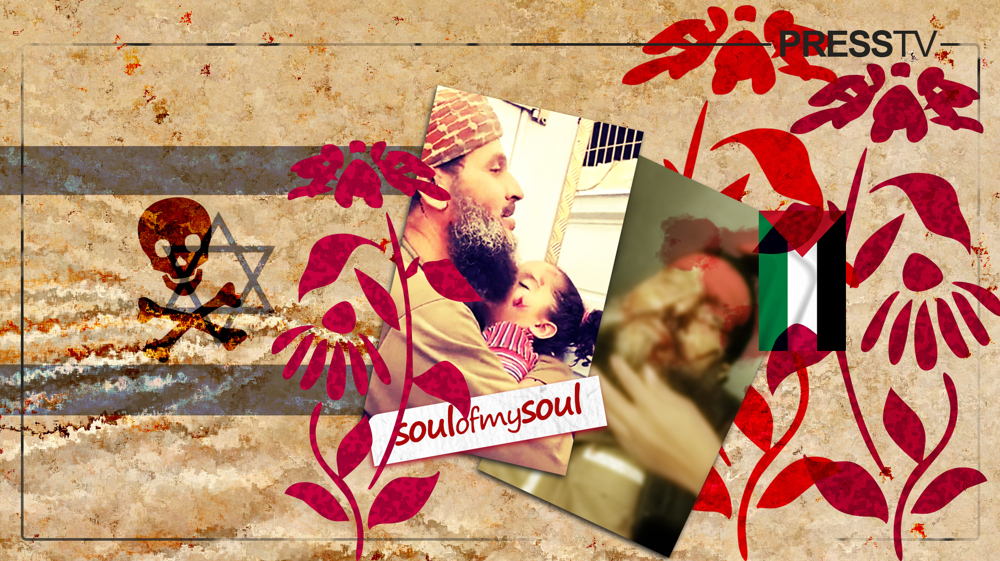



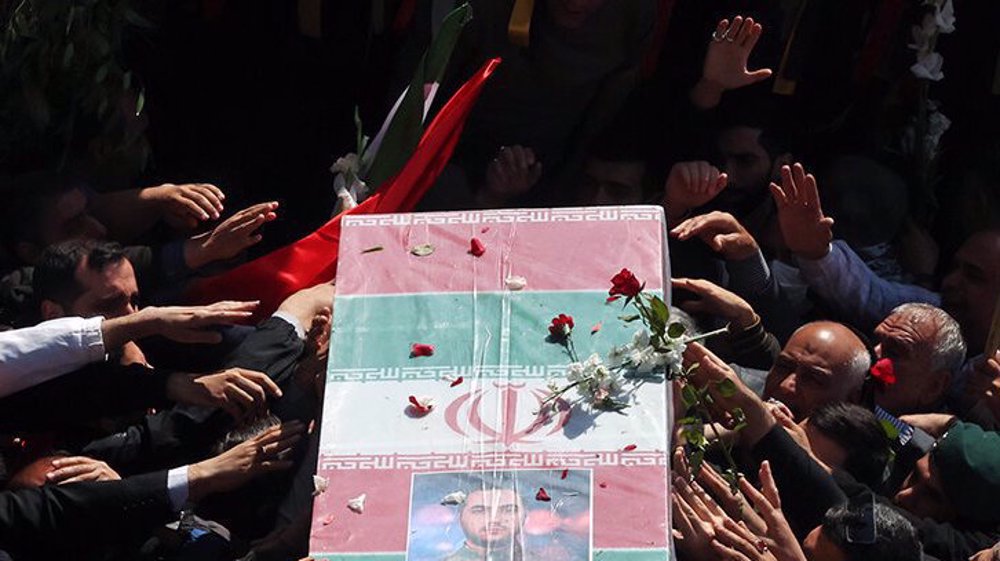
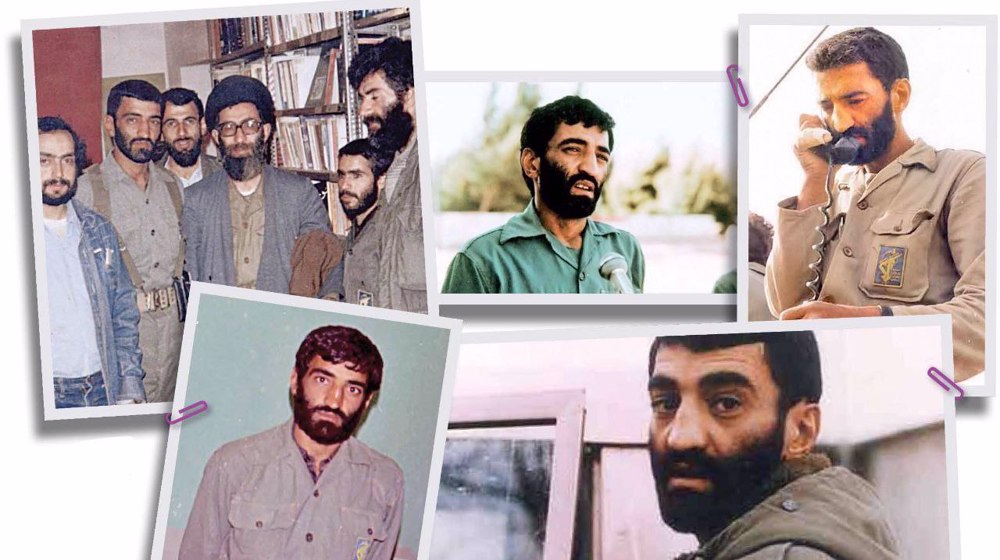
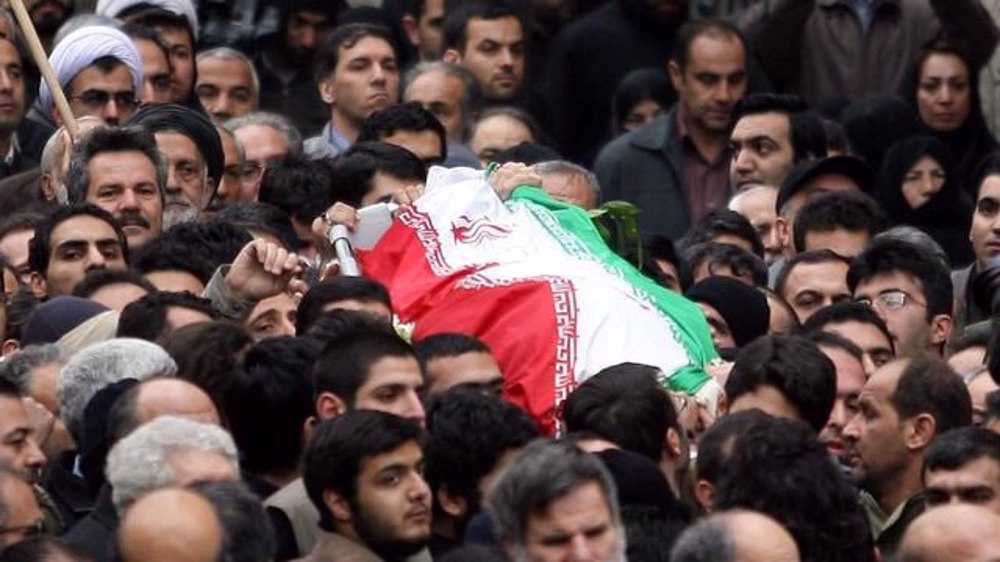
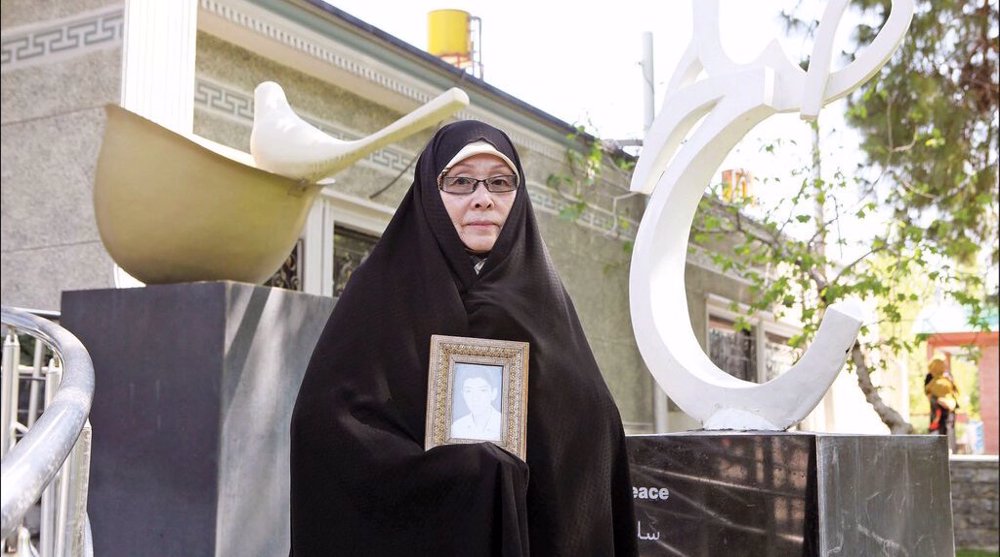


 This makes it easy to access the Press TV website
This makes it easy to access the Press TV website